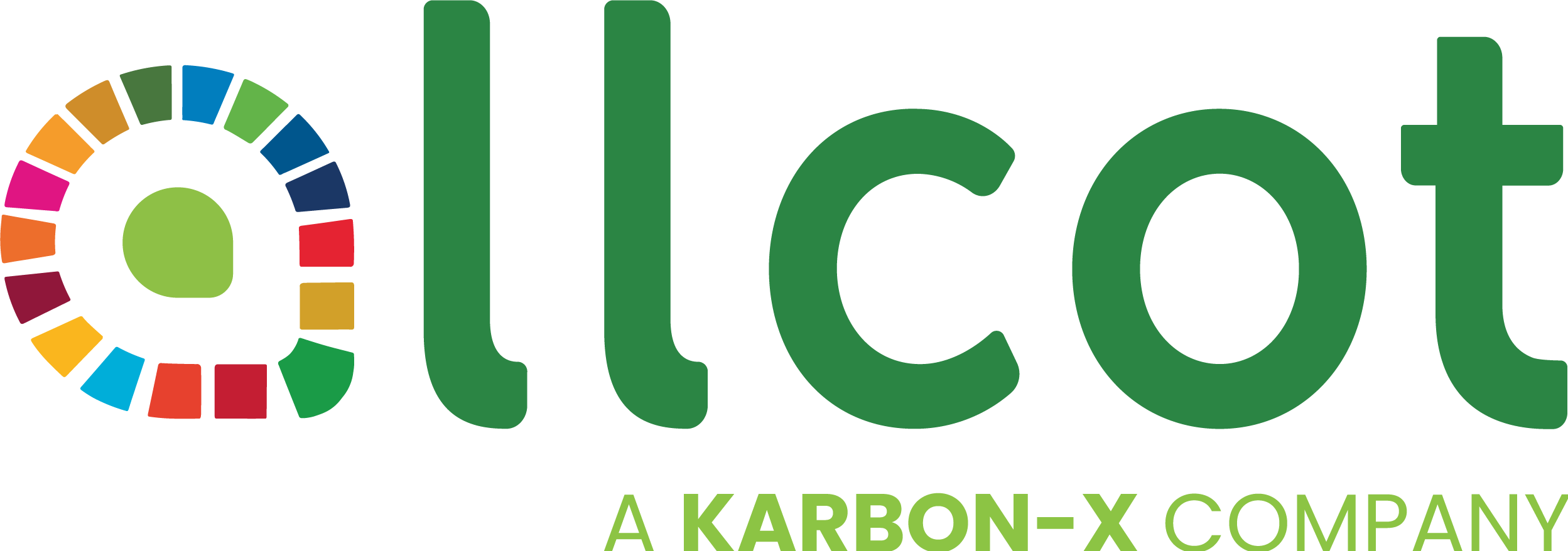Elevating Carbon Market Integrity: progress from the Integrity Council for the Voluntary Carbon Market (ICVCM) and Supervisory Body on Article 6
An article by Sergi Cuadrat
The carbon market is a critical tool in our global arsenal to combat climate change. It provides a financial incentive for emission reductions, mobilizing climate finance at speed and scale. The Compliance Carbon Market (CCM) and the Voluntary Carbon Market (VCM) play complementary roles in this context. The CCM, regulated by governments, ensures that countries meet their emission reduction targets under international agreements like the Paris Agreement. Conversely, the VCM allows businesses and individuals to voluntarily offset their emissions by acquiring carbon credits.
However, the carbon market has faced criticism, underscoring the need for robust standards and transparency. These criticisms have highlighted the necessity for a clear framework to assess the integrity of carbon credits. The carbon market is not perfect, but as the saying goes, “imperfect action is better than perfect inaction.”
In response to these challenges, two significant developments have emerged:
ICVCM’s Quality Guidance for the carbon market
The Integrity Council for the Voluntary Carbon Market (ICVCM) has introduced new quality guidance will be used to evaluate whether voluntary carbon credits meet its high-integrity Core Carbon Principles (CCPs), a crucial step towards addressing the challenges in the VCM.
This guidance sets a benchmark for high-integrity carbon credits, ensuring they genuinely contribute to climate change mitigation. The ICVCM’s core carbon principles, outlined in their assessment framework, ensure that carbon credits are real, additional, permanent, independently verified, and contribute to sustainable development.
ICVCM’s new guidance is expected to attract more participants and investments into the market, reducing concerns about the actual environmental impact of some carbon offset projects.
Supervisory Body’s Standards and Procedures
The recent outcomes from the sixth meeting of the Supervisory Body overseeing the mechanism established under Article 6.4 of the Paris Agreement underscore the importance of establishing standards and procedures. These standards and procedures will operationalize the Article 6.4 mechanism activity cycle, including the transition of eligible activities registered under the Clean Development Mechanism (CDM) to the Article 6.4 mechanism.
These advancements by the Supervisory Body and the ICVCM are significant steps towards elevating the integrity of both the CCM and the VCM. By ensuring that carbon credits are of high quality and genuinely contribute to climate change mitigation, these developments are set to boost confidence in the carbon market and attract more participants and investments.
The ICVCM’s guidance aligns with Article 6 by promoting high-integrity carbon credits, preventing double counting of emission reductions, enhancing transparency and accountability, and supporting sustainable development. The new quality guidance from ICVCM and the standards and procedures from the Supervisory Body are welcome developments that will enhance the integrity of the carbon market.
In conclusion, it is essential to embrace progress over perfection. The carbon market, like any other market, is not without its flaws. However, the recent developments by ICVCM and the Supervisory Body are significant steps towards improving the integrity and effectiveness of the carbon market. These developments remind us that while the journey towards a sustainable future may be challenging, every step forward counts.
At ALLCOT, we are committed to enhancing the integrity of the carbon market. We develop projects fully aligned with the standards and procedures set by the Supervisory Body and the ICVCM. Our commitment to transparency, fairness, and equity in the carbon market is unwavering.






